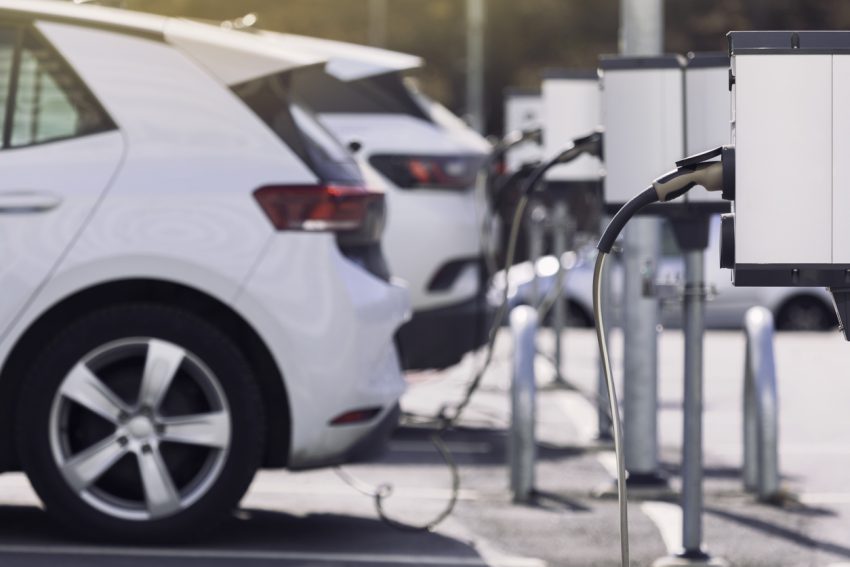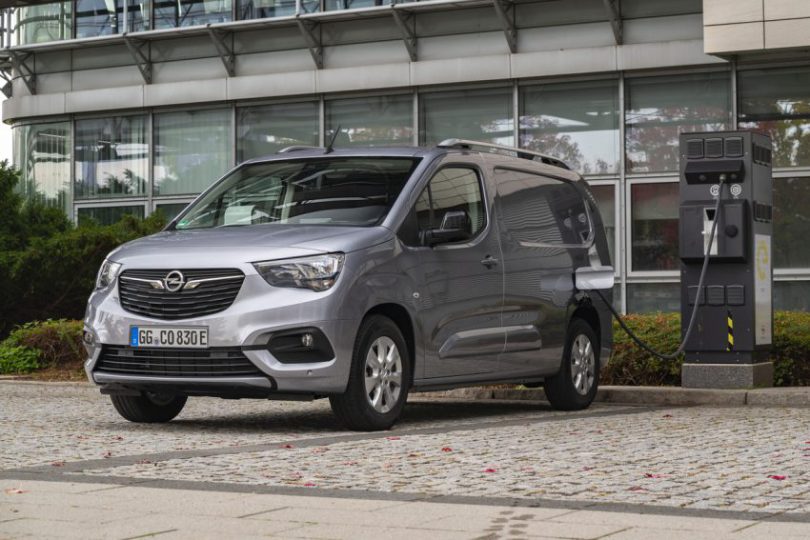
The government’s recent autumn statement revealed new taxes on electric cars. We investigate whether electric vehicle (EV) owners will be out of pocket and what the changes really mean for drivers.
Car tax changes for EVs
The chancellor revealed in his statement that EVs will now pay Vehicle Excise Duty (VED, otherwise known as car tax). Assuming current tax rates don’t change, in year one of ownership, EVs will pay the same £10 as petrol and the cleanest diesel cars.
From year two, EV owners will pay the full amount. Currently that’s £165. Cars with a list price of £40,000 or more will also have to pay the £355 supplementary tax. This is from years two to five in the car’s lifespan. Owners of affected EVs will therefore go from paying zero car tax to £520 a year.
“This measure will equalise the VED liability of all alternatively fuelled vehicles (AFVs) and internal combustion engine (ICE) vehicles,” the treasury said.
Analysis
The changes won’t come into effect until April 2025, by which time we might well have a new government. That could abandon these changes, or it might make them even harsher.
It’s worth noting that the taxes will also apply to existing owners of EVs. So if you own an EV already, you could start paying tax on it in 2025.
The Energy and Climate Intelligence Unit says these tax hikes will increase the running costs of EVs by 3p per mile. The existing profile of new EV buyers suggests they’re mainly high earners. That may mean paying a bit more in tax won’t put them off.
On the flip side, the government is supposed to be encouraging us to give up polluting fossil fuel cars. Taking away grants and increasing taxes for them aren’t the most obvious incentives.
Company car tax increases
If you drive a company owned car, you pay what’s known as Benefit In Kind or BIK tax. Currently EV drivers pay a fraction of the combustion engine rate. From 2025 onwards, the BIK rate for EVs will go up by 1 per cent.
Rates on the emissions bands for all combustion engine cars will increase by 1 per cent. Only cars emitting more than 170g/km of carbon dioxide (in the top category at 37 per cent tax) will see no increase.
Analysis
Yes, this is an increase but again, the same caveat as before applies. It doesn’t come into force until 2025 by which time a lot could have changed.
Although the tax rate on EVs is increasing, it’s not doing so dramatically. But some fear it might deter company car drivers resulting in fewer company cars being sold. That could result in fewer nearly-new used cars on the market, pushing up prices for buyers of used EVs.

What about hybrid cars and electric vans?
Hybrids currently pay tax at a slightly lower rate than petrol or diesel cars. These will be brought into line in 2025. VED for vans too will move to the same rate as petrol and diesel models, currently £290 a year.
Why does tax have to change?
Currently the government takes tax from car owners in VED and again in the form of fuel duty and VAT when they buy petrol or diesel. With increasing numbers of new electric cars, the government will start losing money. Estimates suggest if there are no changes to car tax, the treasury will be losing around £1bn a year by 2025.
The government says levying tax on EVs will make the system “fairer” because electric car drivers will be paying towards the upkeep of our roads. And research by What Car? shows that nearly half (45.1 per cent) of drivers in the market for an EV want to see EVs taxed now.
What about fuel duty?
In the budget earlier this year, the rate of fuel duty was cut by 5p per litre from 57.95p to 52.95p. This came into effect on 23 March 2022 and will last for 12 months. As it wasn’t mentioned in the autumn statement, there’s a likelihood fuel duty will return to 57.95p per litre in March 2023.